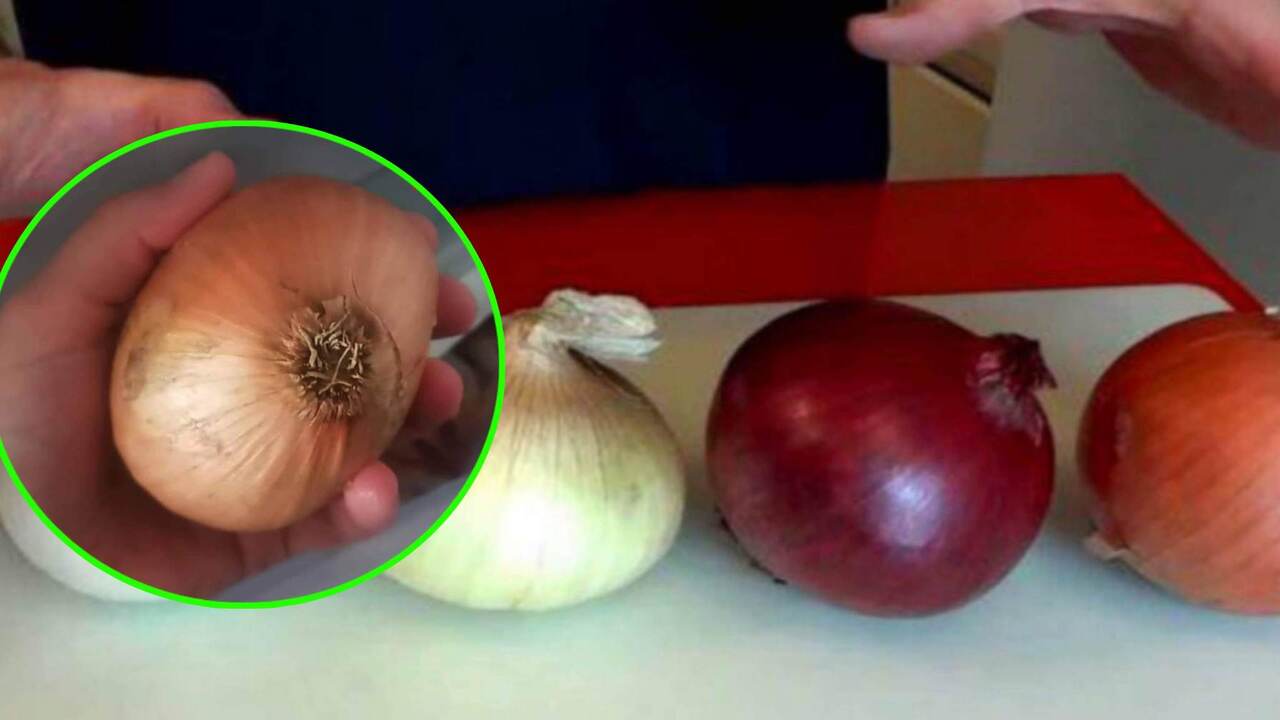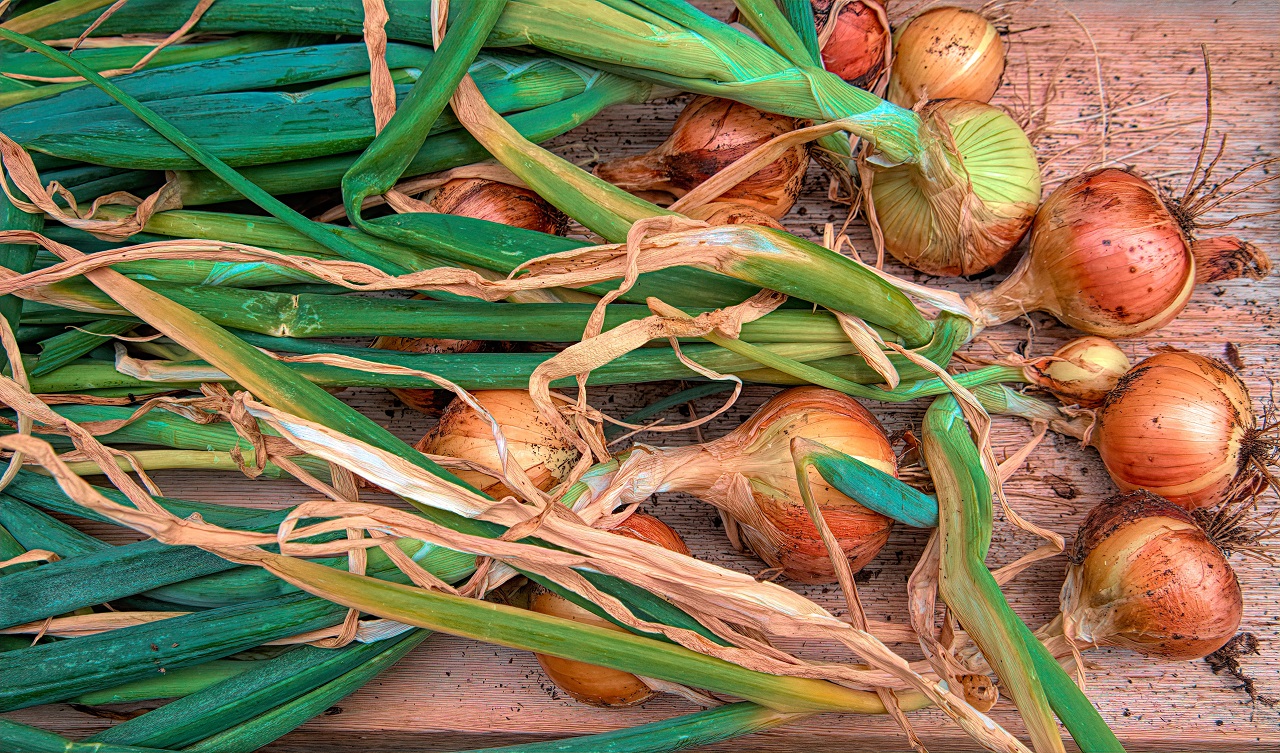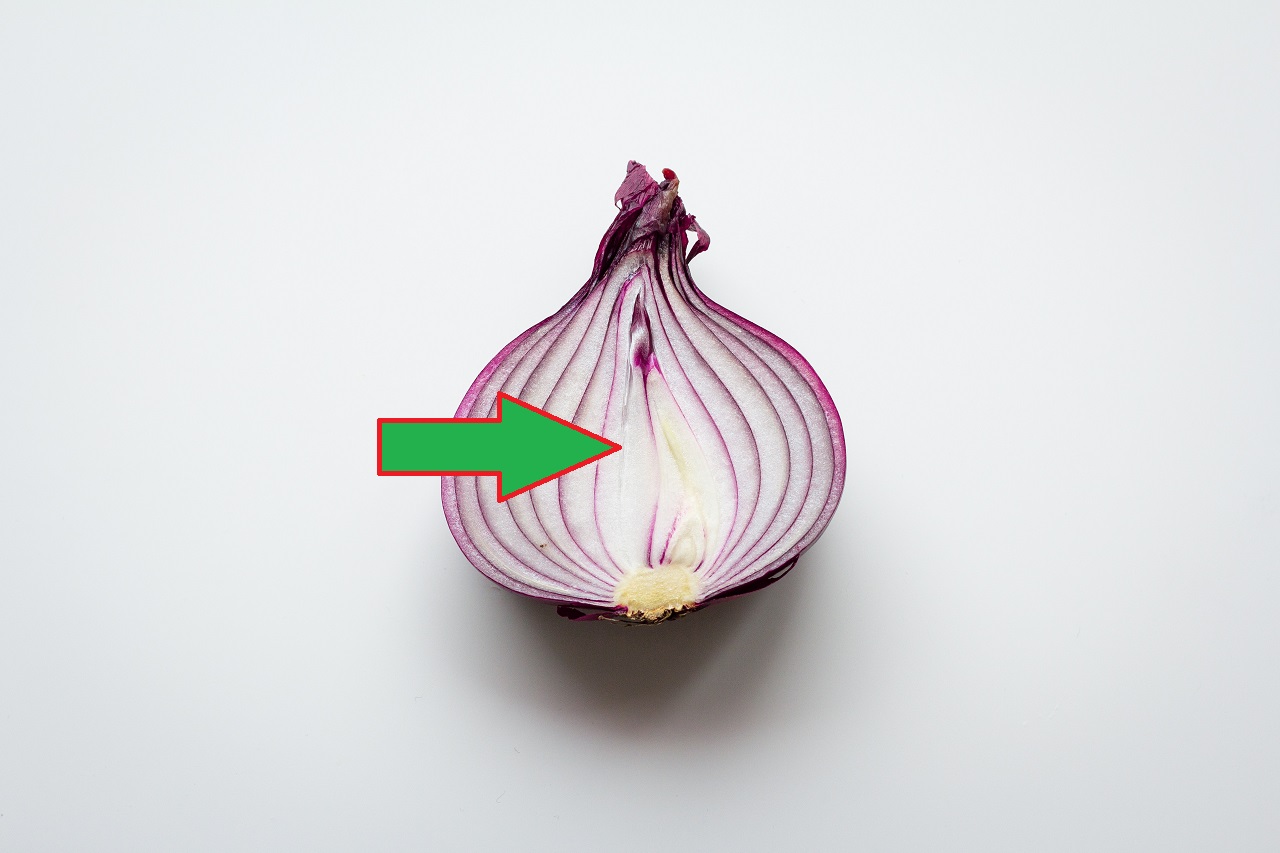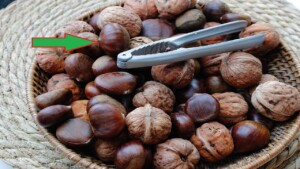If you store onions in the fridge, you may want to consider changing this habit
Onions can probably be considered one of the most common vegetables throughout the entire world. They serve as an essential ingredient in countless recipes while also acting as a great source of vitamin C and fiber. But we don’t really tend to buy just one onion at a time when we are at the supermarket, so inevitably we will have to store our unused onions in one way or another. But we recommend not considering the fridge as an option, as your onions could easily become soft and flavorless.

Instead, we are going to need a place for our onions that is both dry and cool. Any source of light or humidity is not going to be helpful in conserving our vegetables. A great place that meets these requirements is the cellar.
Another trick that can help your onions stay fresh is the position in which they are stored. If you don’t need an entire onion while cooking, then you can take the leftover and lay it down on the cut side. This will help prevent excessive moisture from building up and spoiling the rest of the onion. Also, make that your onions aren’t left in the vicinity of other vegetables or fruits, as they tend to emit ethylene, which can speed up the spoiling process.
If you are looking for a more long-term solution, then the freezer, not the fridge, can definitely help. Ideally, you should first cut your onions into cubes and place them in a bag. The onions can be left to freeze, and later they will still be great in stews, soups, and many other hot dishes.
Storing Other Types of Vegetables

Naturally, like onions, the question of storage can be applied to any other type of vegetable. Definitely avoid both biodegradable and plastic bags, as they tend to retain moisture and therefore cause the food to go bad. It is best to use a simple paper bag instead, and this time we can leave it in the fridge. Try to dedicate a specific space for your leftover vegetables. Luckily, many fridges come with designated drawers that can also help regulate temperature.

There are, however, some exceptions. In addition to onions, tomatoes should be kept at room temperature so that they can retain their ripe flavor. This also applies to squash and garlic.
Lastly, when dealing with leftover vegetables that have already been cooked, the freezer is our best bet. Just place the leftovers in a container and let them freeze. Now you will have a healthy meal that can be ready to eat in just a few minutes.





